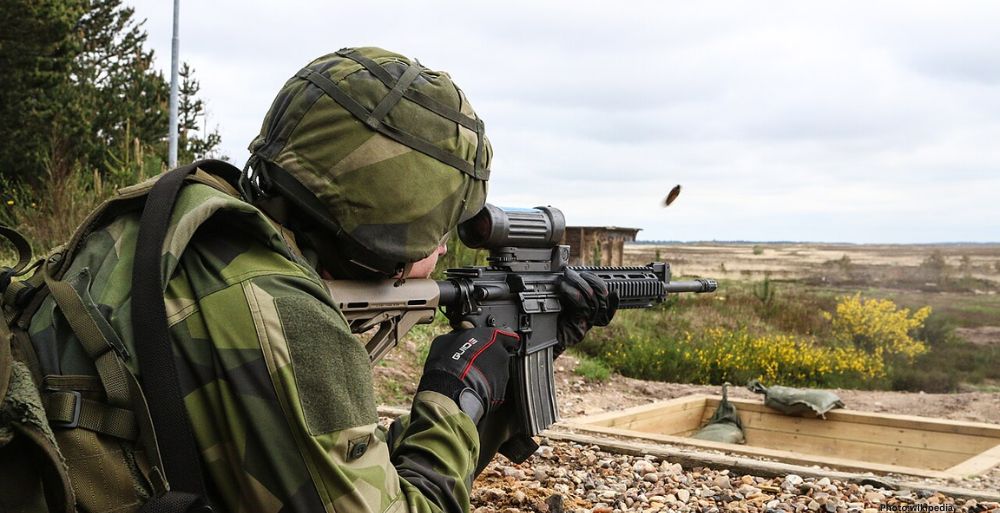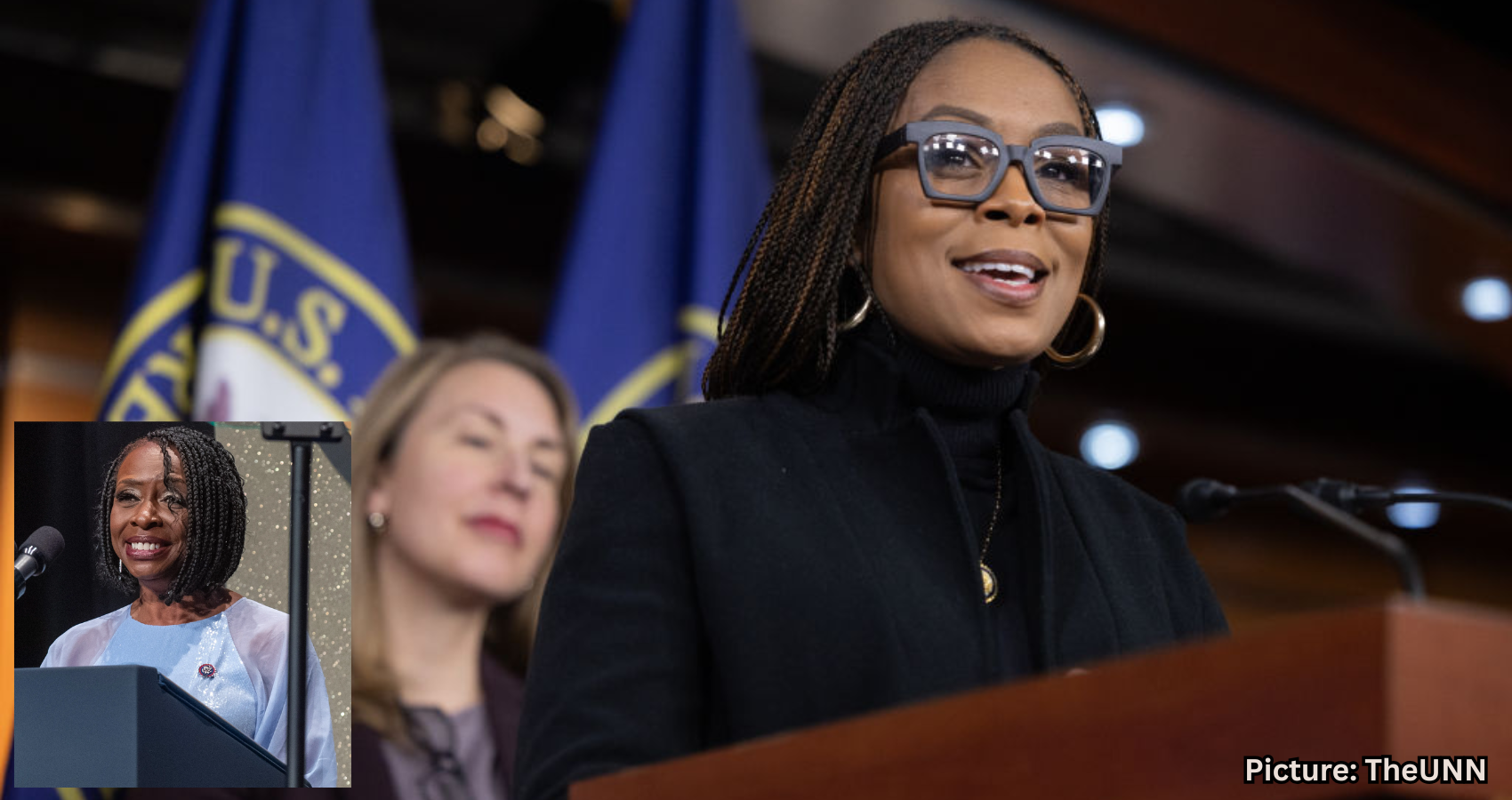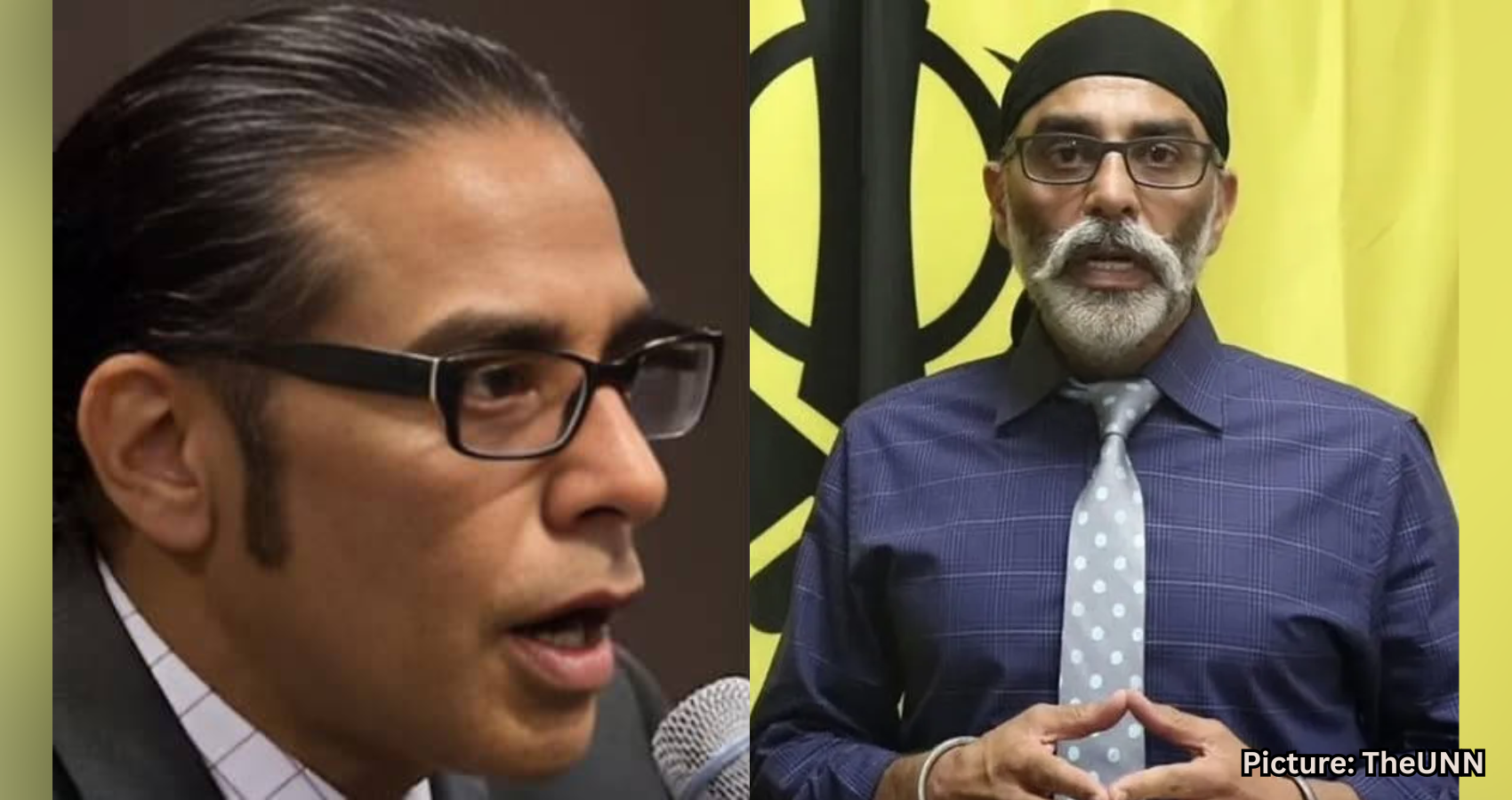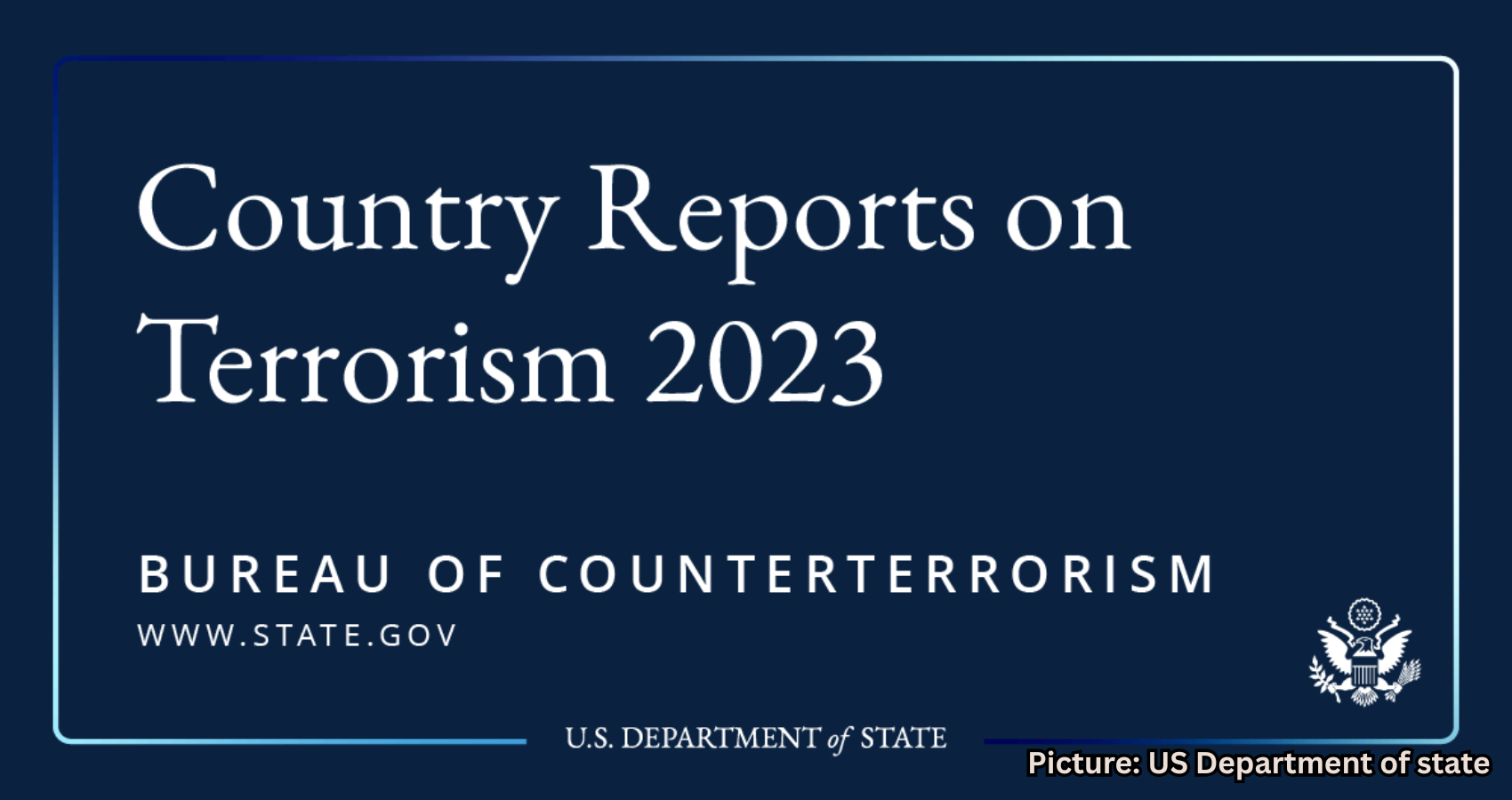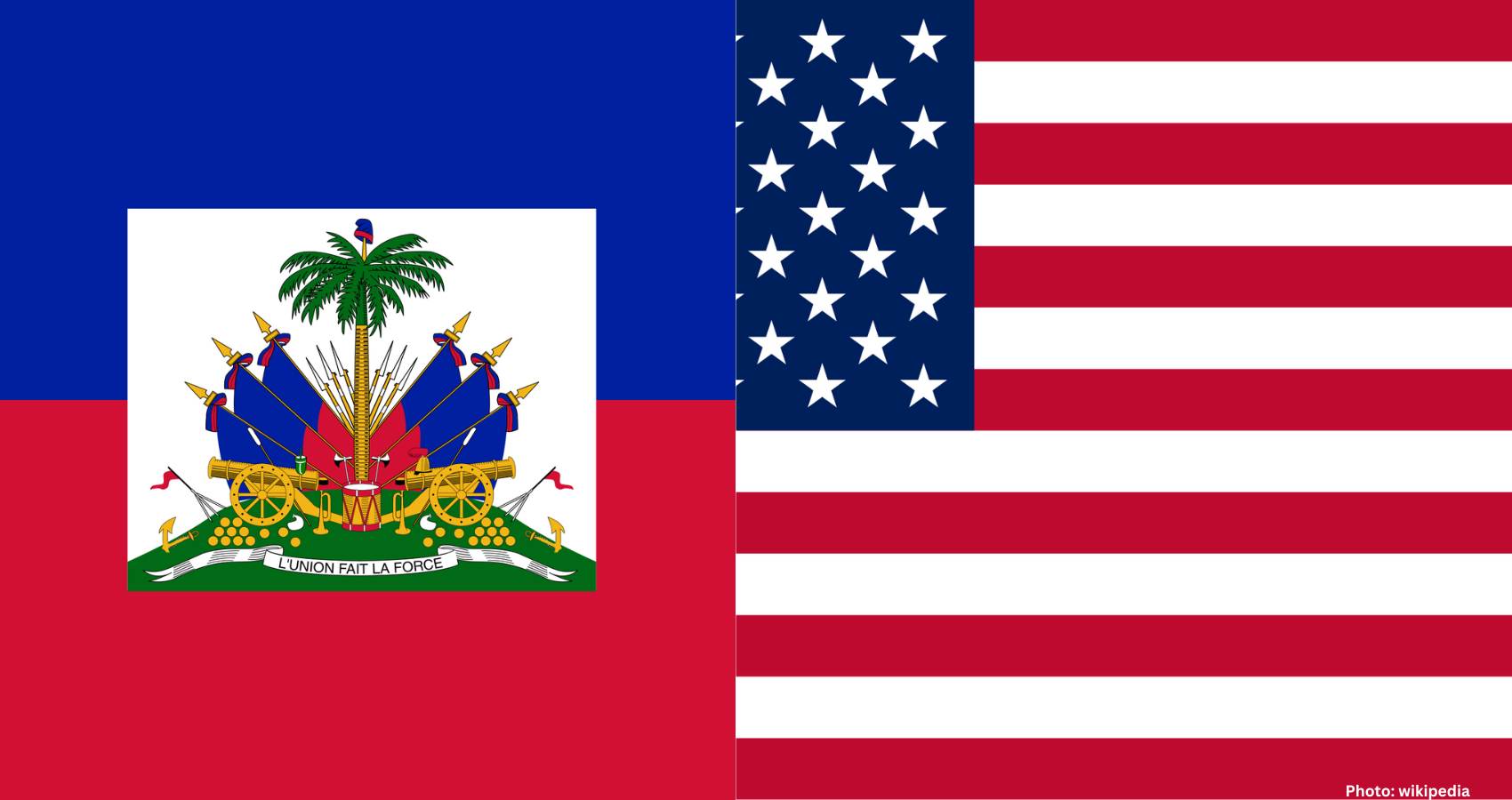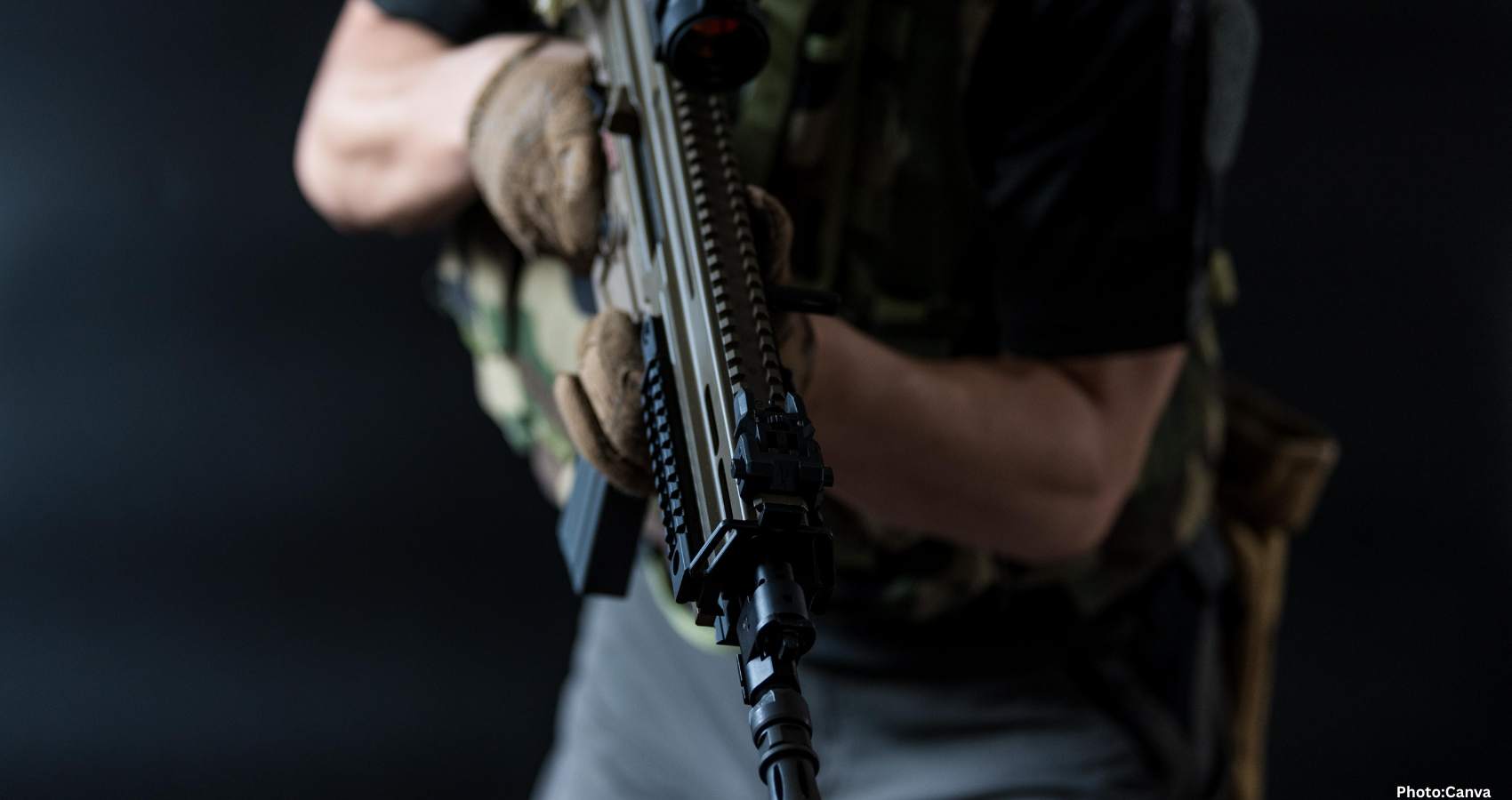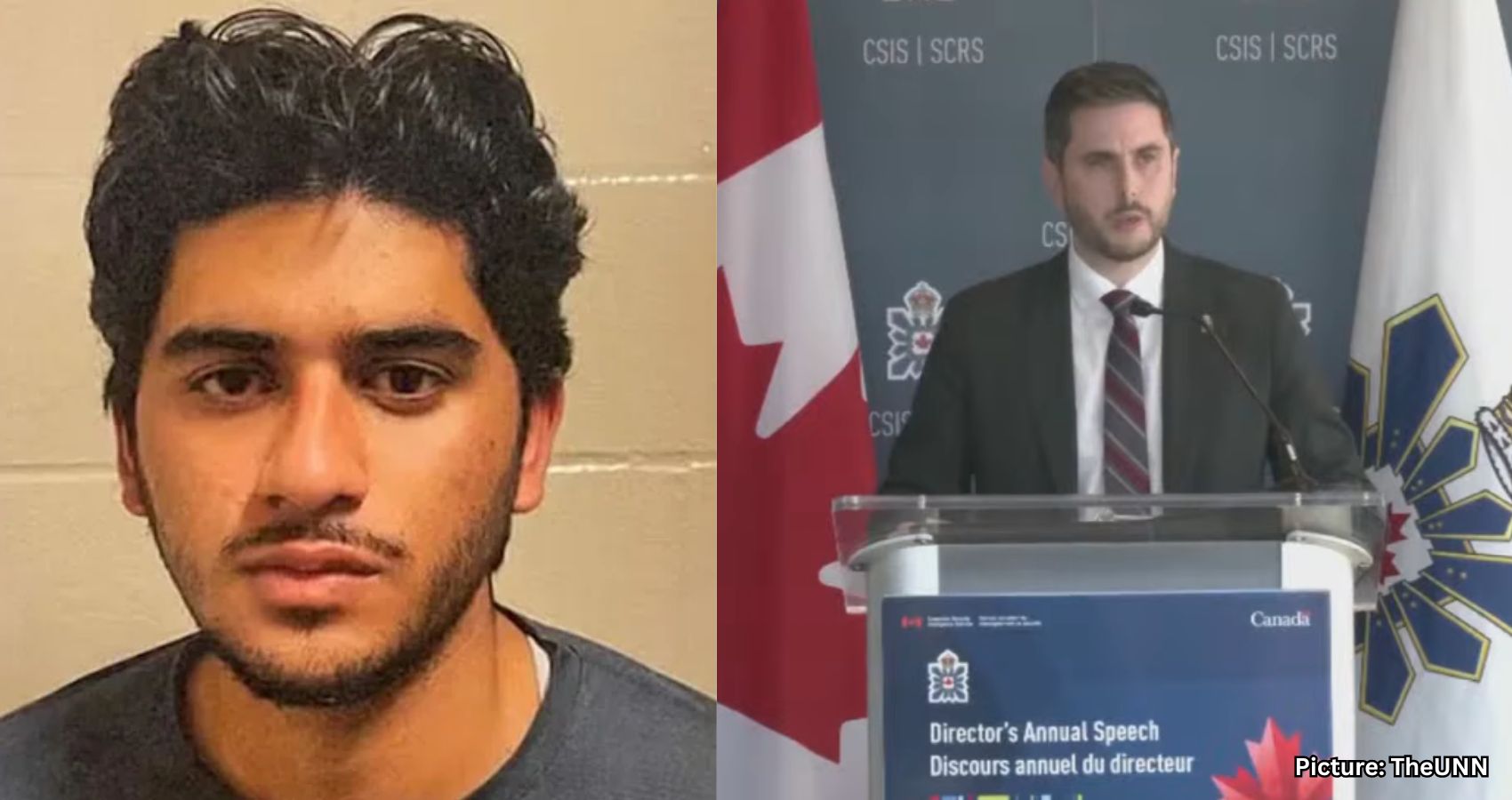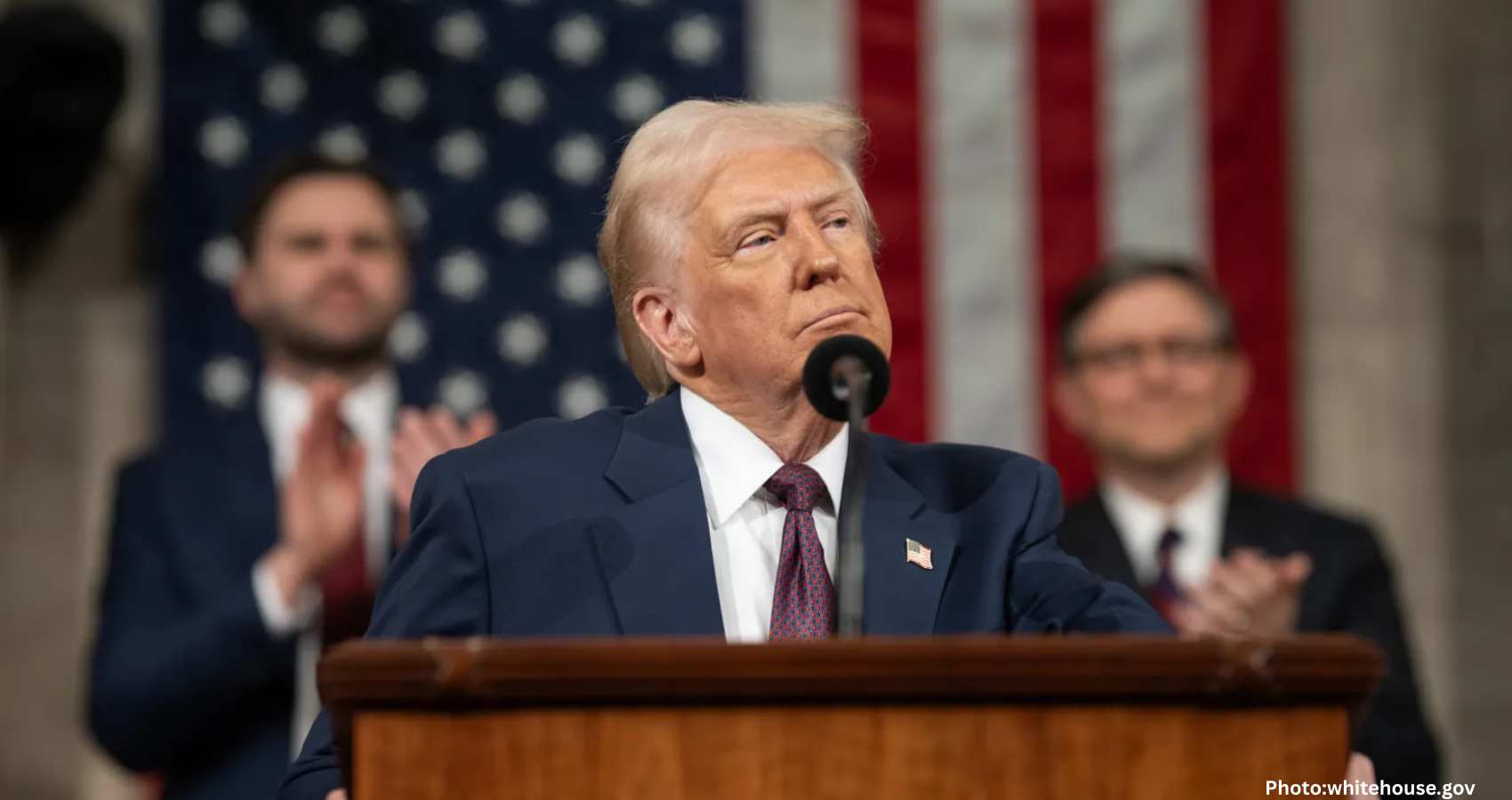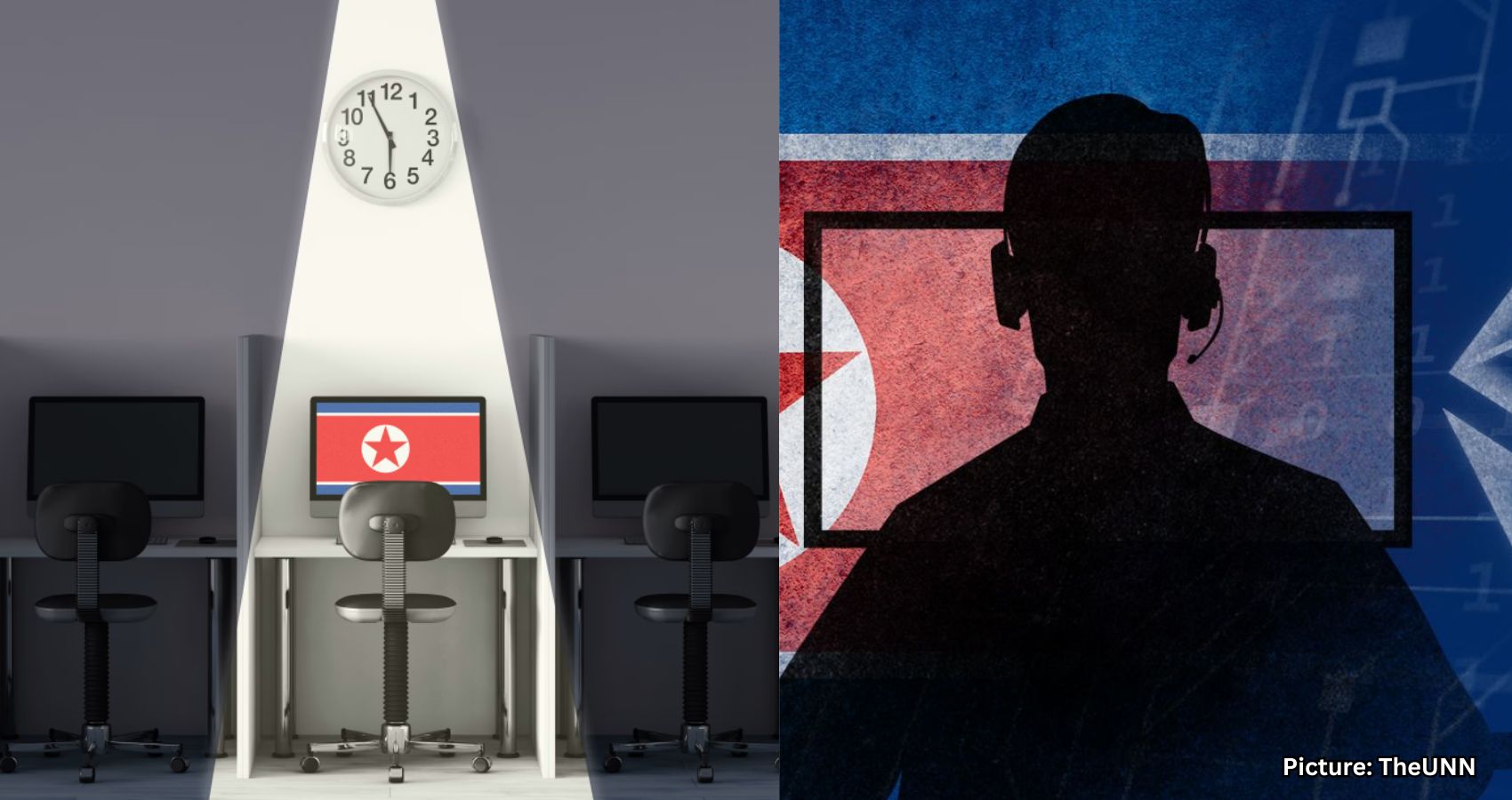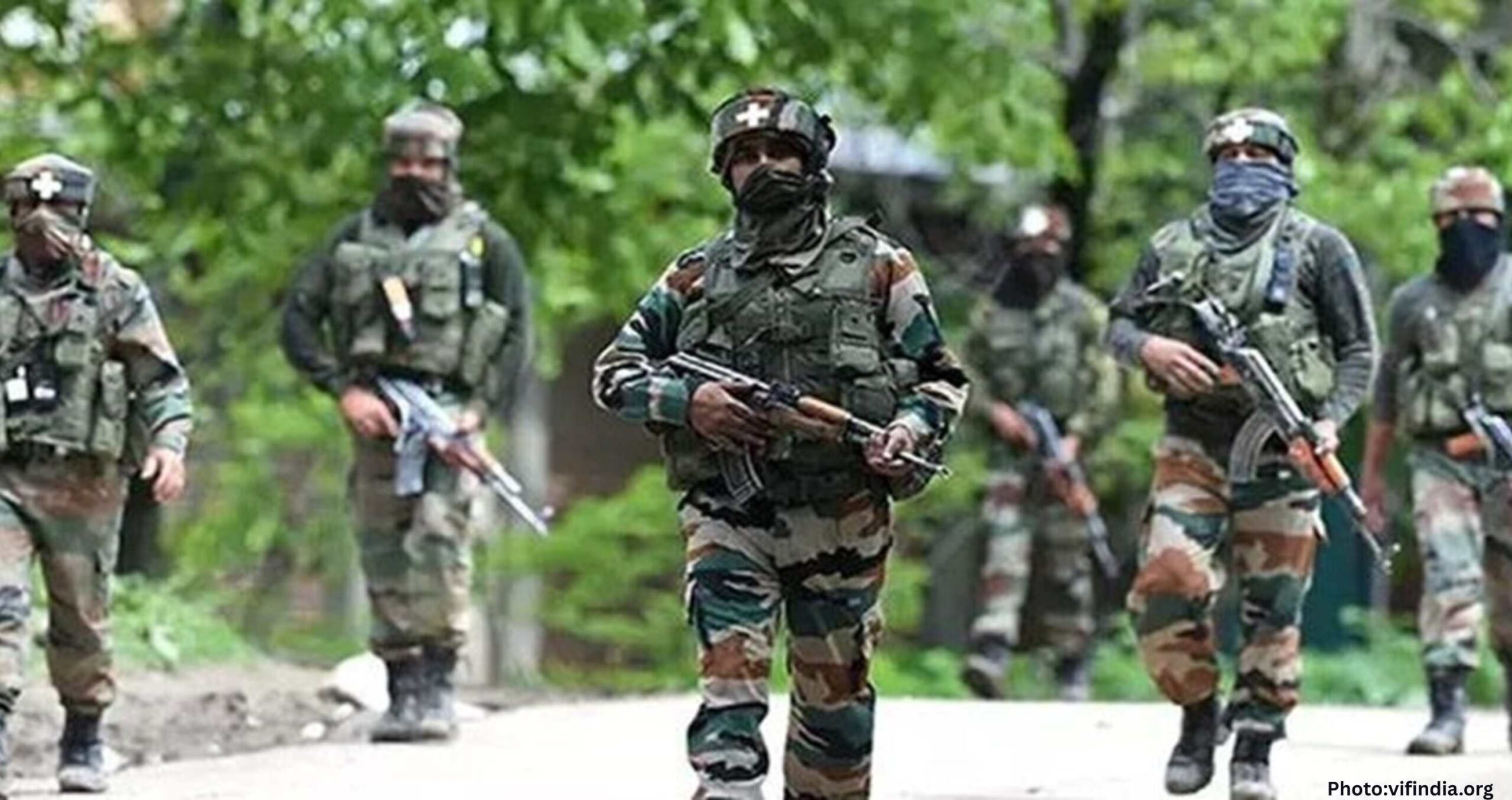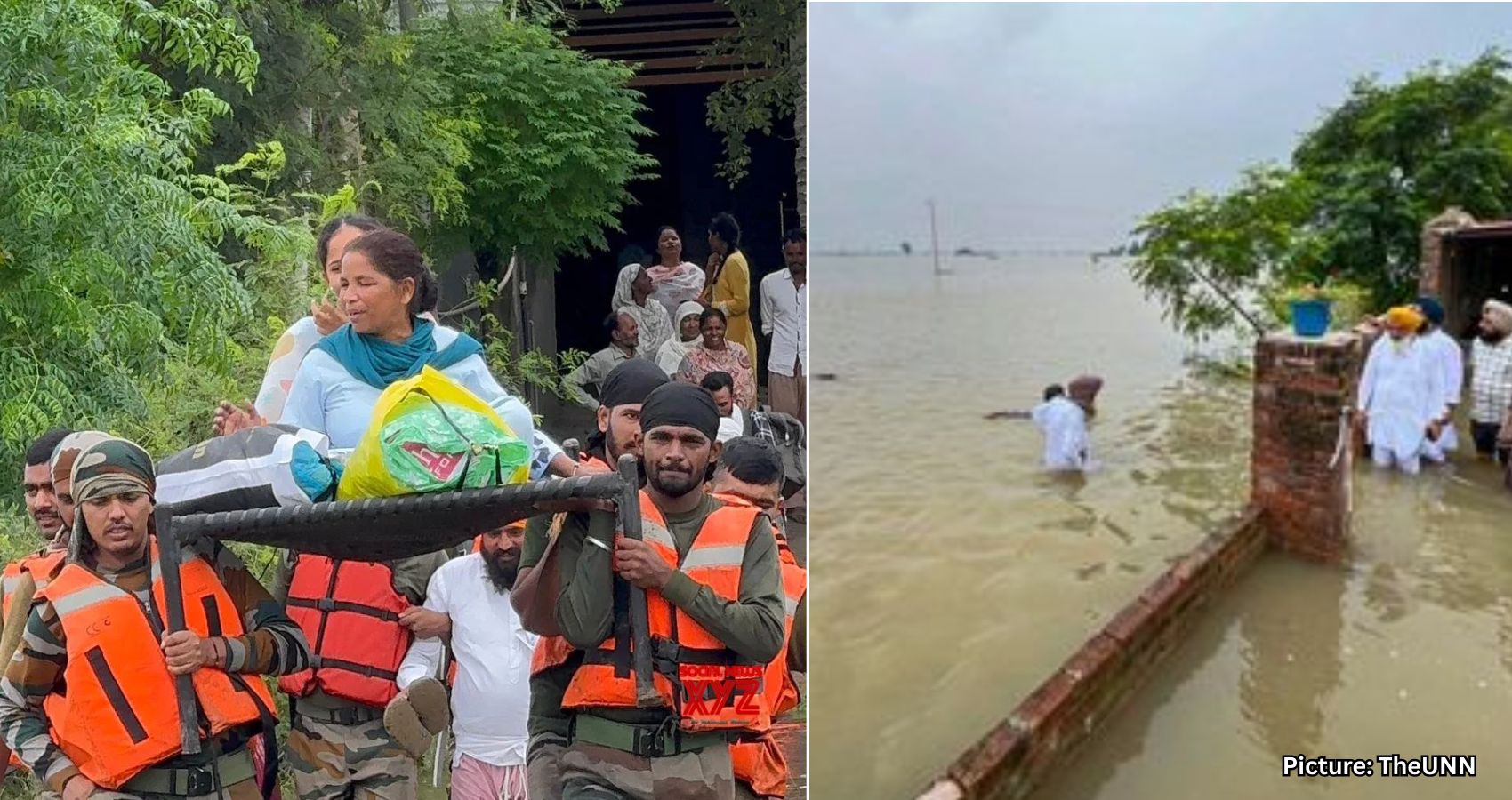Security researchers warn that a new malware campaign is exploiting trust in AI-generated content to deliver dangerous software to Mac users through misleading search results.
Cybercriminals have long targeted the platforms and services that people trust the most. From email to search results, and now to AI chat responses, attackers are continually adapting their tactics. Recently, researchers have identified a new campaign in which fake AI conversations appear in Google search results, luring unsuspecting Mac users into installing harmful malware.
The malware in question is known as Atomic macOS Stealer, or AMOS. This campaign takes advantage of the growing reliance on AI tools for everyday assistance, presenting seemingly helpful and legitimate step-by-step instructions that ultimately lead to system compromise.
Investigators have confirmed that both ChatGPT and Grok have been misused in this malicious operation. One notable case traced back to a simple Google search for “clear disk space on macOS.” Instead of directing the user to a standard help article, the search result displayed what appeared to be an AI-generated conversation. This conversation provided clear and confident instructions, culminating in a command for the user to run in the macOS Terminal, which subsequently installed AMOS.
Upon further investigation, researchers discovered multiple instances of poisoned AI conversations appearing for similar queries. This consistency suggests a deliberate effort to target Mac users seeking routine maintenance assistance.
This tactic is reminiscent of a previous campaign that utilized sponsored search results and SEO-poisoned links, directing users to fake macOS software hosted on GitHub. In that case, attackers impersonated legitimate applications and guided users through terminal commands that also installed AMOS.
Once the terminal command is executed, the infection chain is triggered immediately. The command contains a base64 string that decodes into a URL hosting a malicious bash script. This script is designed to harvest credentials, escalate privileges, and establish persistence, all while avoiding visible security warnings.
The danger lies in the seemingly benign nature of the process. There are no installer windows, obvious permission prompts, or opportunities for users to review what is about to run. Because the execution occurs through the command line, standard download protections are bypassed, allowing attackers to execute their malicious code without detection.
This campaign effectively combines two powerful elements: the trust users place in AI-generated answers and the credibility of search results. Major chat tools, including Grok on X, allow users to delete parts of conversations or share selected snippets. This feature enables attackers to curate polished exchanges that appear genuinely helpful while concealing the manipulative prompts that produced them.
Using prompt engineering, attackers can manipulate ChatGPT to generate step-by-step cleanup or installation guides that ultimately lead to malware installation. The sharing feature of ChatGPT then creates a public link within the attacker’s account. From there, criminals either pay for sponsored search placements or employ SEO tactics to elevate these shared conversations in search results.
Some ads are crafted to closely resemble legitimate links, making it easy for users to assume they are safe without verifying the advertiser’s identity. One documented example showed a sponsored result promoting a fake “Atlas” browser for macOS, complete with professional branding.
Once these links are live, attackers need only wait for users to search, click, and trust the AI-generated output, following the instructions precisely as written.
While AI tools can be beneficial, attackers are now manipulating these technologies to lead users into dangerous situations. To protect yourself without abandoning search or AI entirely, consider the following precautions.
The most critical rule is this: if an AI response or webpage instructs you to open Terminal and paste a command, stop immediately. Legitimate macOS fixes rarely require users to blindly execute scripts copied from the internet. Once you press Enter, you lose visibility into what happens next, and malware like AMOS exploits this moment of trust to bypass standard security checks.
AI chats should not be considered authoritative sources. They can be easily manipulated through prompt engineering to produce dangerous guides that appear clean and confident. Before acting on any AI-generated fix, cross-check it with Apple’s official documentation or a trusted developer site. If verification is difficult, do not execute the command.
Using a password manager is another effective strategy. These tools create strong, unique passwords for each account, ensuring that if one password is compromised, it does not jeopardize all your other accounts. Many password managers also prevent autofilling credentials on unfamiliar or fake sites, providing an additional layer of security against credential-stealing malware.
It is also wise to check if your email has been exposed in previous breaches. Our top-rated password manager includes a built-in breach scanner that checks whether your email address or passwords have appeared in known leaks. If a match is found, promptly change any reused passwords and secure those accounts with new, unique credentials.
Regular updates are essential, as AMOS and similar malware often exploit known vulnerabilities after initial infections. Delaying updates gives attackers more opportunities to escalate privileges or maintain persistence. Enable automatic updates to ensure you remain protected, even if you forget to do so manually.
Modern macOS malware frequently operates through scripts and memory-only techniques. A robust antivirus solution does more than scan files; it monitors behavior, flags suspicious scripts, and can halt malicious activity even when no obvious downloads occur. This is particularly crucial when malware is delivered through Terminal commands.
To safeguard against malicious links that could install malware and access your private information, ensure you have strong antivirus software installed on all your devices. This protection can also alert you to phishing emails and ransomware scams, keeping your personal information and digital assets secure.
Paid search ads can closely mimic legitimate results. Always verify the identity of the advertiser before clicking. If a sponsored result leads to an AI conversation, a download, or instructions to run commands, close it immediately.
Search results promising quick fixes, disk cleanup, or performance boosts are common entry points for malware. If a guide is not hosted by Apple or a reputable developer, assume it may be risky, especially if it suggests command-line solutions.
Attackers invest time in making fake AI conversations appear helpful and professional. Clear formatting and confident language are often part of the deception. Taking a moment to question the source can often disrupt the attack chain.
This campaign illustrates a troubling shift from traditional hacking methods to manipulating user trust. Fake AI conversations succeed because they sound calm, helpful, and authoritative. When these conversations are elevated through search results, they gain undeserved credibility. While the technical aspects of AMOS are complex, the entry point remains simple: users must follow instructions without questioning their origins.
Have you ever followed an AI-generated fix without verifying it first? Share your experiences with us at Cyberguy.com.
According to CyberGuy.com, staying vigilant and informed is key to navigating the evolving landscape of cybersecurity threats.

